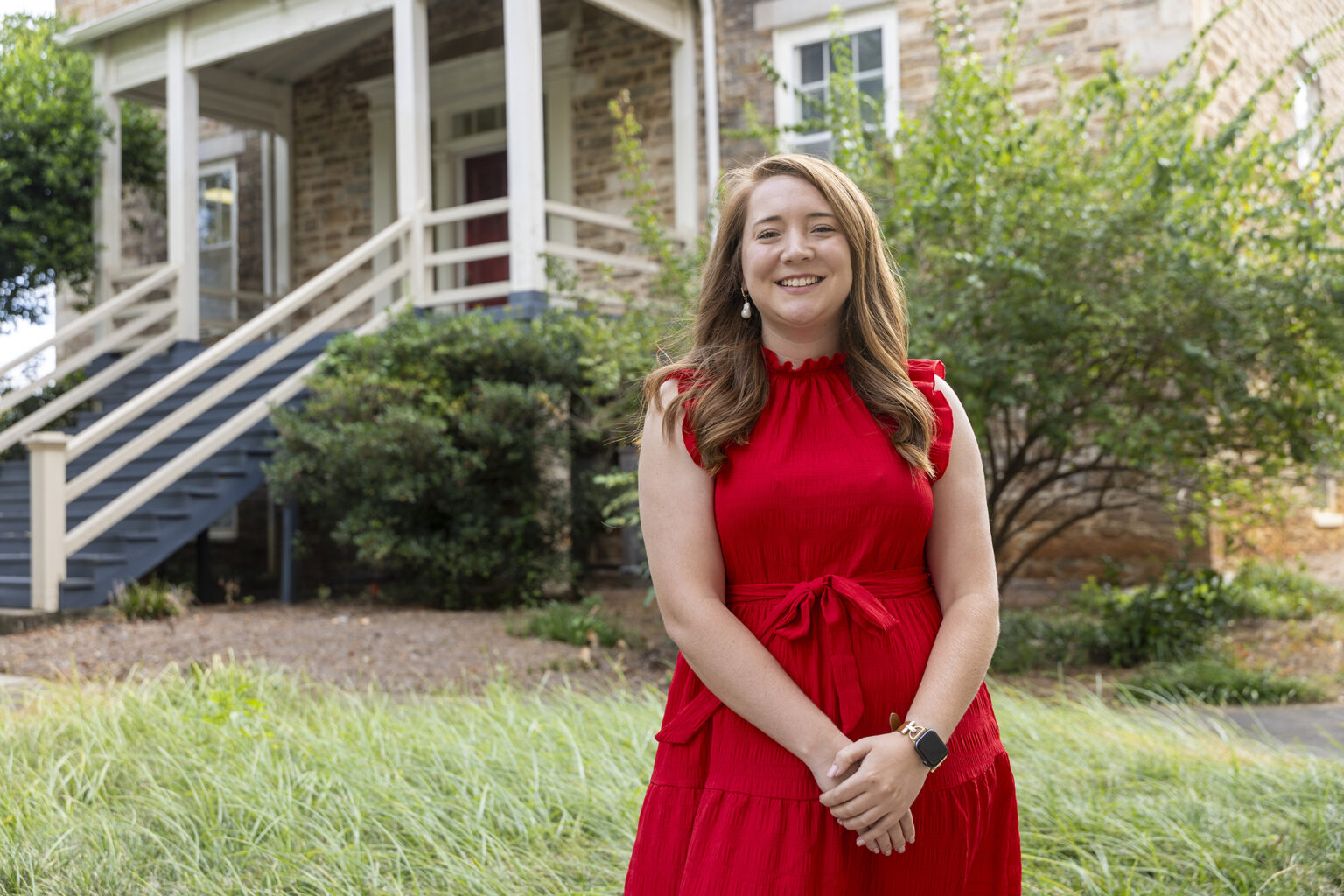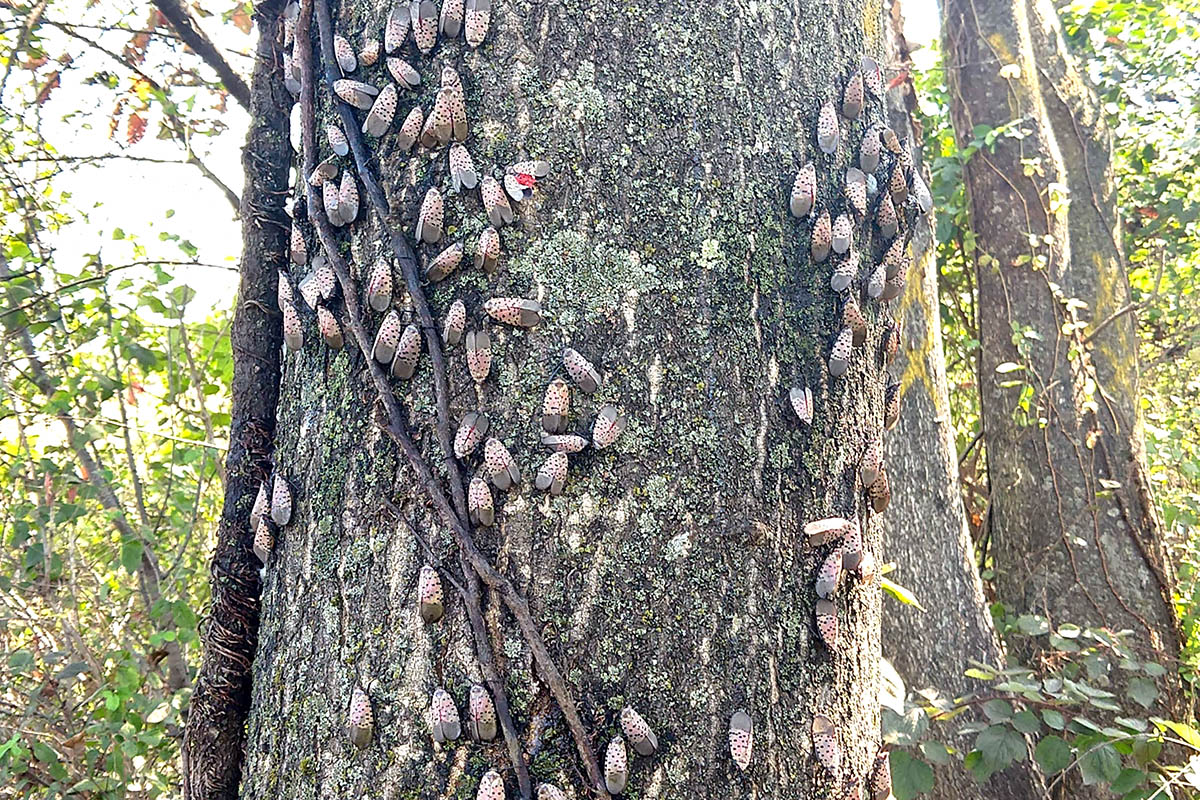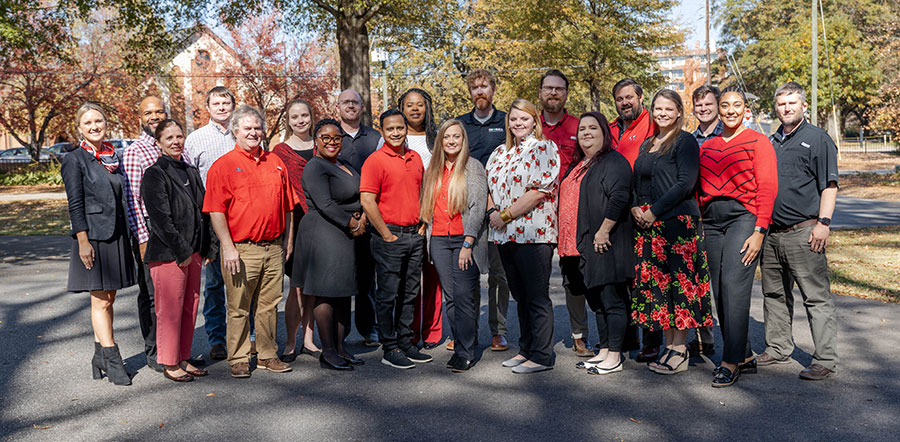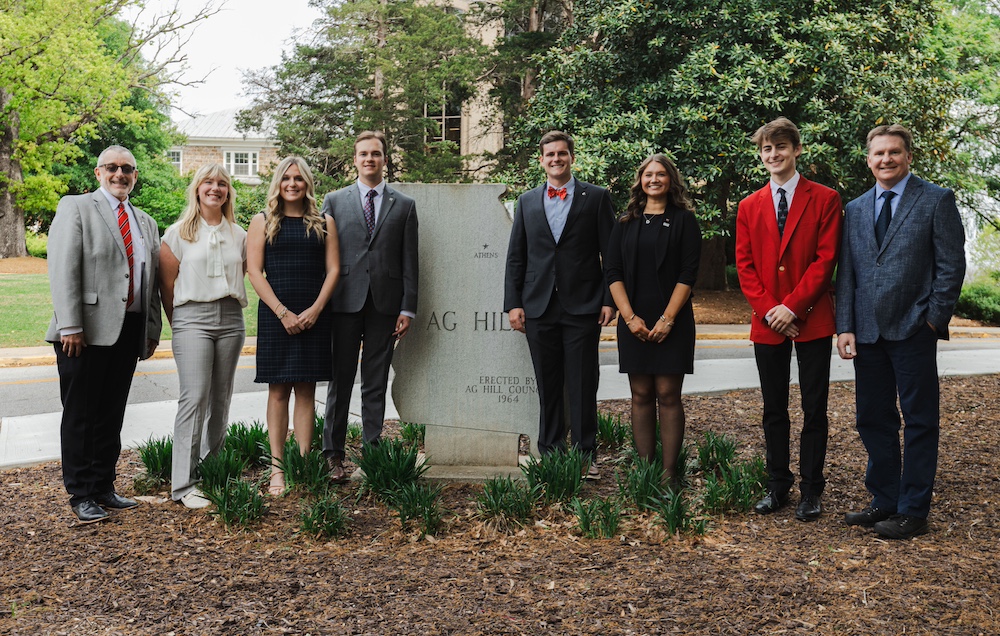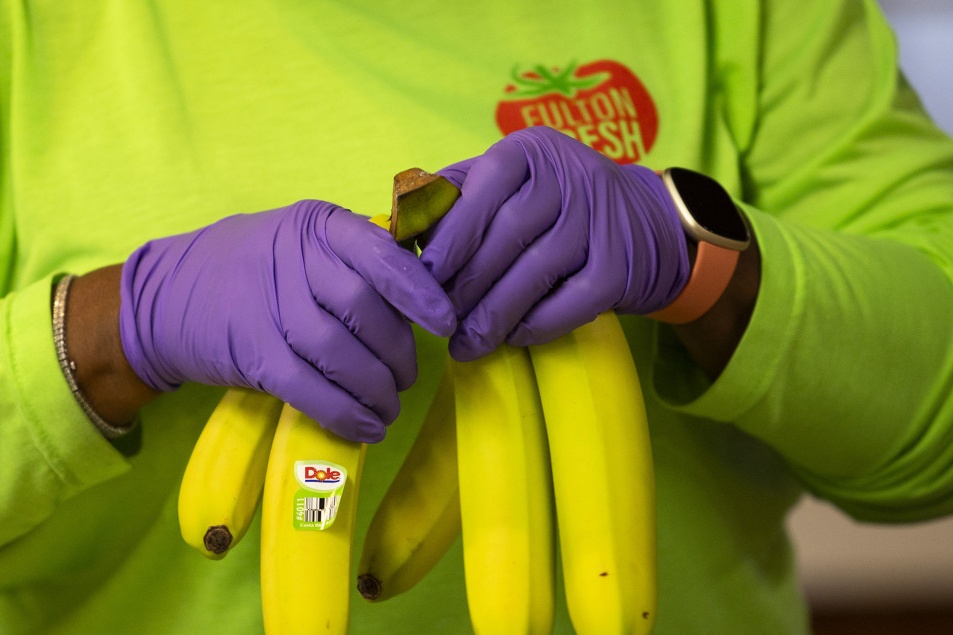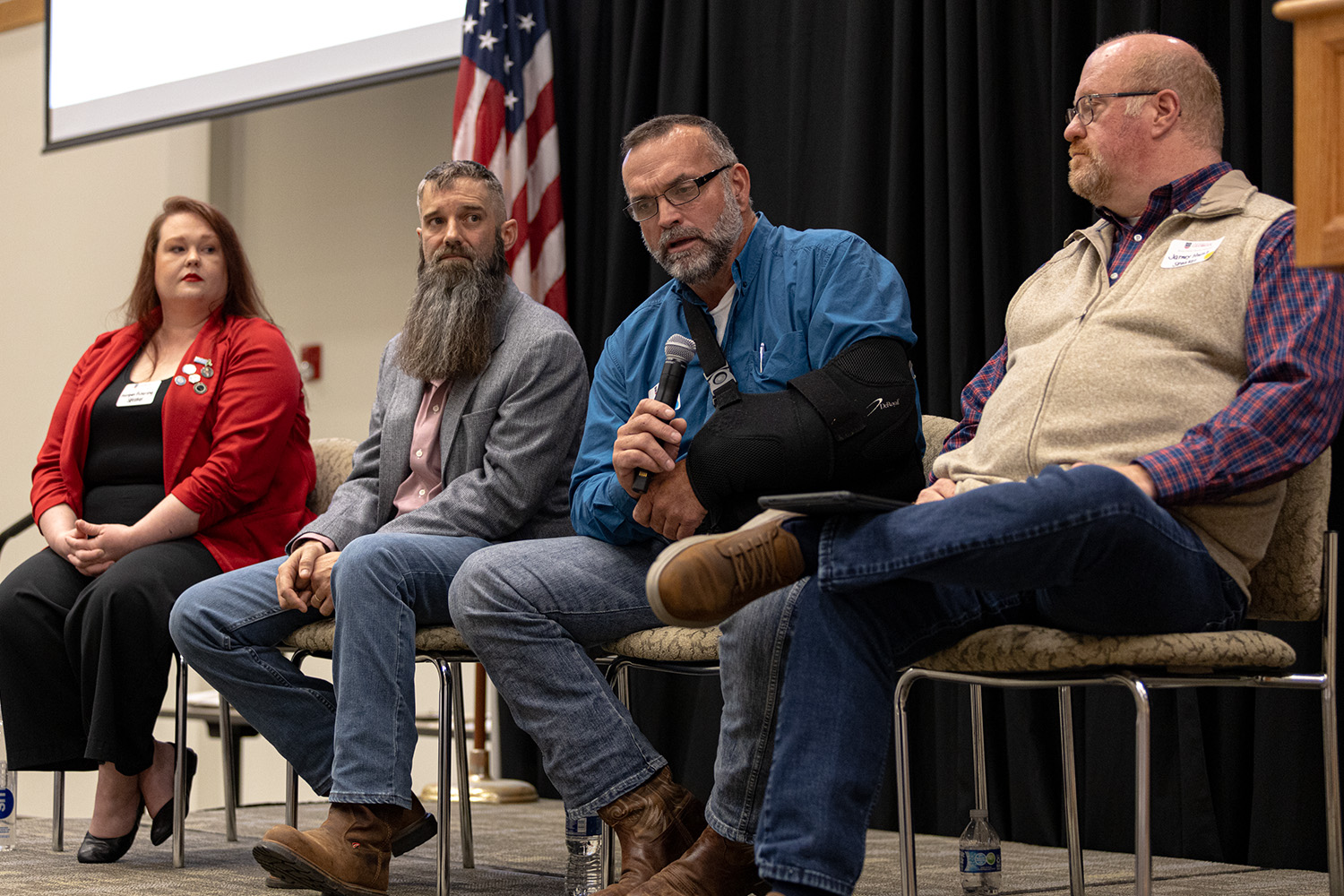 CAES News
CAES News
Best Week Ever
By the end of his first week at 4-H summer camp, fifth grader Cooper Hardy already had many memories of new and exciting experiences. “That was the first time I got in a canoe,” Hardy said. “It was a big deal for me.” Now, 10 years later, Hardy serves as a Georgia 4-H camp counselor at Rock Eagle 4-H Center in Eatonton, Georgia. It’s a dream he’s held since the first time he set foot on the sprawling, wooded 1,500-acre campus as a camper.

